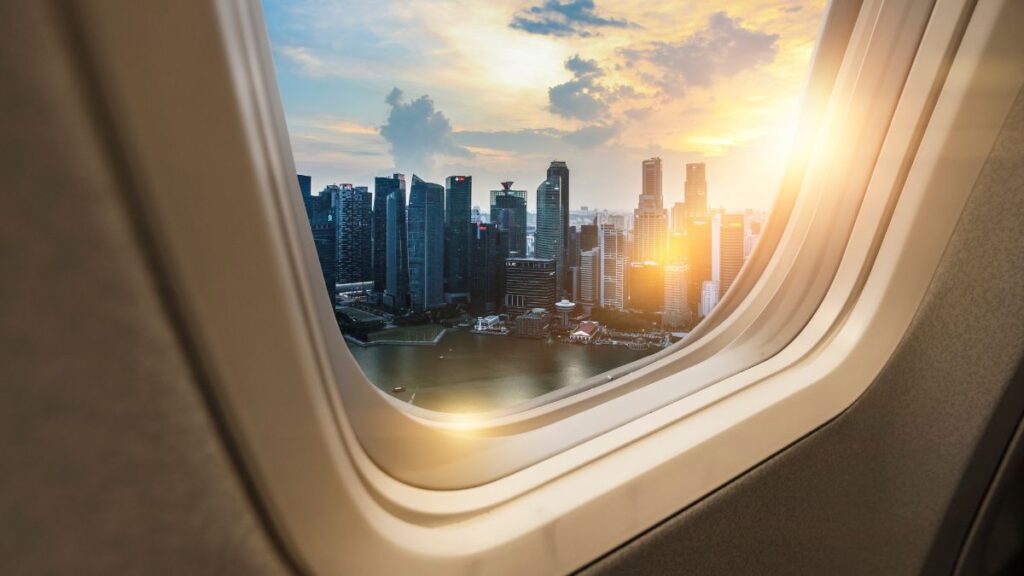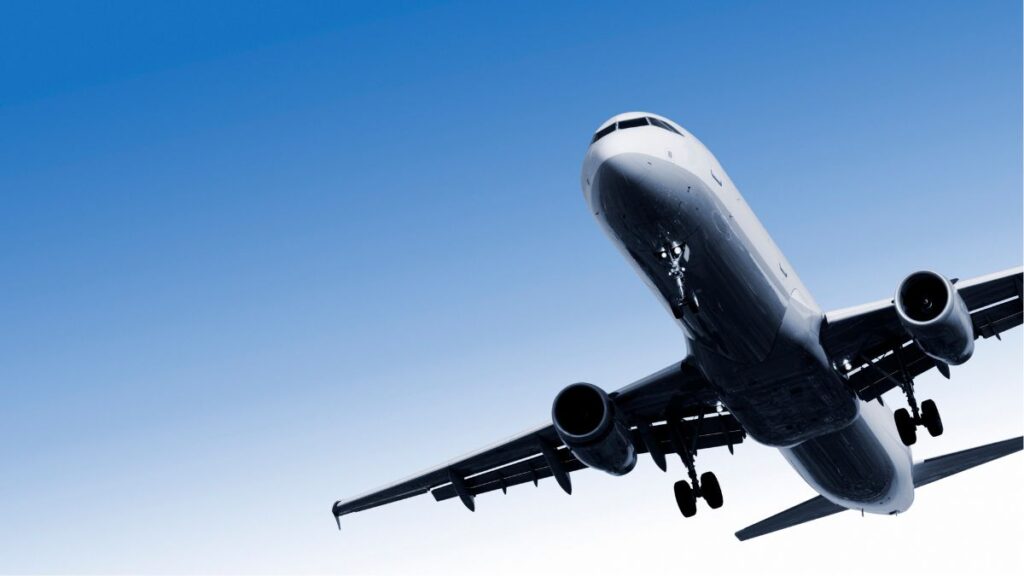This article about the Singapore travel recovery has been contributed by Kit Wong, Managing Director, Asia & CEO, Singapore at social investment platform eToro.
The tourism industry is on the mend after two years of stalled travel activity and has started to climb back up. Having just returned from a trip to the UK to attend my son’s graduation, it was definitely a surreal moment to see snaking queues and a full set of flight details on the flight information display system in Changi Airport!
READ MORE: Travel expert shares his thoughts on the evolving travel restrictions post-COVID.
Revenge travellers strike back

Because Singapore is a country that is economically dependent on tourism and is home to one of the world’s busiest airports, the resumption of air travel was undoubtedly a welcome move. From January to April 2022 alone, there were a total of 540,430 visitors in Singapore, compared to 329,990 visitors in the entire year of 2021.
The emergence of “revenge travel” is also seeing Singaporeans planning to leave the country to make up for the lost time. According to CNA, 39% of Singaporeans are planning to travel more this year than last year.
The resumption of travel, however, has had its fair share of challenges. In many parts of Europe, scenes of travel chaos are plaguing major airports like London and Amsterdam, as they face staffing shortages amidst the sudden surge in passenger volume. In Asia, while passenger traffic is now at 22% of pre-Covid-19 levels, much lower than in other regions, it is expected to rapidly increase to over 70% by year-end.
In other words, though Asia is not currently seeing much airport congestion, what’s currently happening in Europe could very well become a reality if the demand for travel remains elevated.
Turbulent signs for the Singapore travel recovery

Apart from travel disruptions, many people who are looking to travel have found that the rosy prospects of getting on a plane for their vacation are getting muddied by rising costs and operational challenges faced by airlines. A large part of this is due to the current market conditions, which are conflated with expensive airfares and travel costs.
According to Willie Walsh, the director-general of the International Air Transport Association, more expensive airfares “for now are inevitable”, given high oil prices and even higher jet kerosene prices at a time when jet fuel manufacturers have yet to return to pre-pandemic levels of production. Overall, the increase in airfares has ranged from 20% to 80% since Singapore reopened its borders in April.
While people are raring to go on vacations, these rising costs are forcing some to make changes to their travel plans. According to TripAdvisor’s latest Seasonal Travel Index, 42% of Singaporeans are choosing to take shorter trips while 39% said they will look to travel to destinations within the Asian region, with Australia, Malaysia and Thailand among the most popular destinations.
With the growing cost of inflation, most of them also stated that they would rather cut back on their spending on non-essential items in order to save up for their vacations.
A cloudy outlook for the Singapore travel recovery

Currently, the global travel industry is preparing for a huge influx of travel demand from holidaymakers. Airlines are already preparing for a more optimistic outlook and reporting improvements in earnings. Singapore Airlines, for instance, reported a narrower annual loss of S$962 million compared to S$4.3 billion a year earlier and said its outlook was improving in light of easing travel restrictions.
Apart from airlines, other travel-related companies like hotels, holiday booking companies, and ground handling service providers were also expected to rebound following the resumption of international travel. Naturally, many investors looked to capitalise on these opportunities, which were reflected in the rise of aviation and tourism-linked stocks earlier in the year.
However, whether the pent-up demand for travelling will sustain the impact of rising inflation remains to be seen. eToro looked at which companies have seen the biggest proportional decrease in holders at the end of Q2 versus the end of Q1 among its global user base. The data showed that in the second quarter, retail investors lost patience with airline stocks with United Airlines Holdings (-8%) and Delta Air Lines (-7%) featuring in the top 10 fallers.
In Southeast Asia, investors continue to be positive about the airline industry, with many waiting for news of the reopening of Hong Kong’s and China’s borders, with the latter especially being heavily relied upon by Southeast Asian tourism.
While there is the reason for investors to be optimistic over travel stocks, it’s important to remember that Singapore’s, and indeed Asia’s, travel recovery needs to contend with global headwinds like rising costs and interest rates, lack of staff, inflation and a potential recession as outlined above.
The travel industry is among the many others that will need to adapt quickly to macroeconomic developments. It will be interesting to see how travel and travel-related stocks behave in the next round of company earnings.
Contributed by Kit Wong, Managing Director, Asia & CEO, Singapore at social investment platform eToro. He joined eToro in 2021 and has wide-ranging leadership experience across financial services, specifically in the Asian arena. Most recently, he served as CEO of the wealth management platform Lu (LuFax) in Singapore and opened the Hong Kong office.

